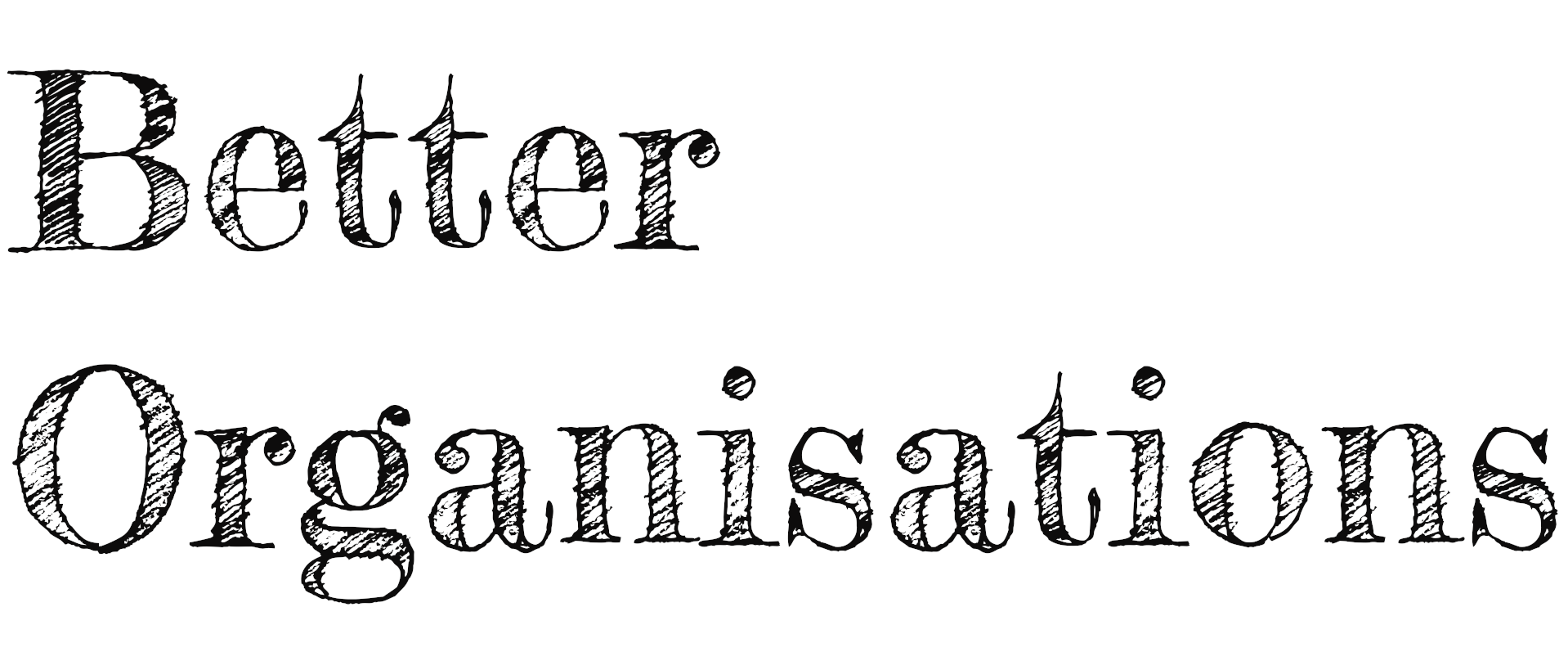 Why Ideas Fail in an Unstable Business Environment
Why Ideas Fail in an Unstable Business Environment
In the last few years we could observe how geopolitical competition between the USA and China was changing the world piece by piece. With the USA defending its hegemonic position, it began to break the global economic order. The coronavirus crisis has only accelerated the collapse. COVID-19 has become an unpredictable factor affecting the global competitiveness of world economies. From this chaos, a new hegemon will certainly emerge, but there is no certainty that it will be the USA (which until now has benefited and guaranteed globalisation).
So how do entrepreneurs respond to this kind of instability?
Business Design as a System for Exploration
The best way to handle an evolving world is to have a business design system built around just that: exploration.
The best way to handle an evolving world is to have a business design system built around just that: exploration through evidence-based experimentation and validation loops.
In front of us, we see supply chains falling apart, companies that make desperate pivots to survive and large companies that once dominated markets now closing or suspending operations. Entire industries have virtually disappeared due to restrictions. Because of the uncertainty many of the customer segments profiles have changed completely. And if this confusion lasts longer (which is indicated more and more), "tomorrow" we can find that most of what we know about business either doesn’t work anymore - or works very differently than we thought.
I’m talking about business models: typical customer behaviours, their concerns, what they find attractive, partner networks, supply sources, and operational models - all subject to rapid, fundamental change.
How to Adapt to the Rapidly-Evolving World: Explore It
The best way to handle an evolving world is to have a system (or a part of the company) built specifically around business exploration. This is where lean experimentation becomes a capability, not a one-off activity. But to explore effectively, we must first see reality as it is.
So the first basic approach is (and it is worth executing fanatically): make decisions based on evidence, not ideas. Treat decisions as business hypotheses and test them using real-user feedback cycles.
The “Yesterday” Approach: Decisions Based on Opinions
How did it often work “yesterday”? There is an idea, there is the idea advocate (advocates), there are some decision makers, there is some presentation and discussion (remember the last time you pitched your own idea? You probably made a lot of effort to “sell” it).
And the decision maker group (usually after the discussion and some thinking) is making a decision: “this is a good idea” or “this is not a good idea”. “We like it” or “We don’t like it”. “It has to work” or "It can’t work".
In more sophisticated companies, there will be somebody who asks: “What is the evidence that this idea will work?”
In most cases some kind of business plan will be prepared. But here’s the problem: business plans are often based on past successes (why is this a problem? The fact you succeed in the past doesn’t mean you will succeed in the future, especially in rapidly changing environments) or forecasts (which, if they are not backed up by tests or very good research, are just wishful thinking - especially in a fast evolving environment).
As a result, the success of these projects is often random, and the risk of major failure is high. The business risk of a major failure is high.
The Evidence-Based Approach to Decision Making
This approach is fundamentally different. It doesn’t matter if the highest-ranking person likes the idea. What matters is the evidence on the table.
The evidence-based approach works differently: when you have an idea and you think this is a brilliant idea, don’t ask: "how to develop it?". Ask, "what is the evidence that the idea will work?" (that customers want it, that customers care about it, that customers are willing to pay for it etc.). This can be focused on e.g. business model validation, value proposition validation or willingness-to-pay testing.
Then you need to be brutally honest with yourself and assess the quality and quantity of the evidence.
How strong are they? Evidence from a customer interview is good. Evidence from actual MVP sales is better because it supports business model validation.
How much of it do you have? Evidence from 100 interviews will be much stronger than evidence from 5 conversations. Where feasible, you can strengthen your learning through real-world validation (in-field testing).
When you’re focused on exploration, gathering evidence becomes a learning process. You build knowledge and reduce risk. That’s how you adapt to your environment. It is also how you move from assumptions to proof-of-use and evidence-based scale-up.
When Evidence-Based Experimentation Becomes a Living Lab
In some contexts, this exploration can be formalised through a multi actor living lab (e.g. Sustainable Business Design Living Lab). This creates a co-creation environment where you can run end-user trials, operational environment testing, and technology acceptance assessment before scaling.
Don’t make decisions based on ideas. Make decisions based on evidence.



